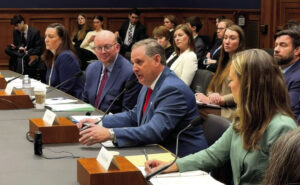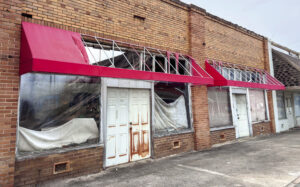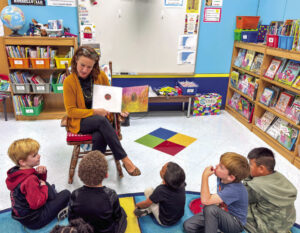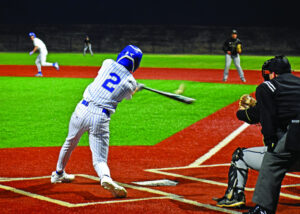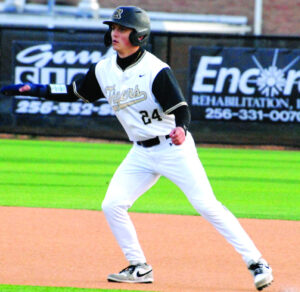Amtrak officials and passengers
discuss security on rail lines
By By Steve Gillespie / staff writer
March 13, 2004
Ruth Kidd of New Orleans travels by train at least five times a year. She said she always feels safe.
Kidd is the coordinator of United Teachers of New Orleans Retirees Chapter. She was part of a group of 45 retired teachers from New Orleans who came to Meridian Friday by way of Amtrak for a one-day outing.
As she waited at Union Station for the Crescent to take the group back home, she said news of 199 people killed Thursday in a train bombing in Madrid, Spain, broke her heart.
But, preparing for the possibility of a similar attack in the United States was on the minds of local, state and national officials.
The U.S. government advised state officials, police and transit and rail agencies to be vigilant. They were asked late Thursday night to consider additional surveillance and to look out for unattended bags and backpacks, Homeland Security spokesman Brian Roehrkasse said.
Amtrak increased patrols of its police force and canine units, according to spokesman Dan Stessel. Electronic surveillance of bridges and tunnels was intensified, he said. And the company reinforced its message to Amtrak employees to report suspicious activities to police.
Meridian Mayor John Robert Smith, a former Amtrak board member, said security at train stations is a major concern.
Smith said Friday that Amtrak officials went to Congress shortly after the Sept. 11, 2001, attacks and requested about $5 million to address security needs. He said Amtrak had proved its worth after the attack by providing movement of rescue personnel, blood supplies and other emergency traffic.
The request went nowhere, he said, adding that the stations need metal detectors, scanners for passengers and luggage and systems that can track the locations of trains, buses and their cargo.
More prevention
Bunky Partridge, Meridian's director of Homeland Security, said Meridian could help train law enforcement and Amtrak security officers in terrorism prevention.
Partridge said the state is leaning more toward terrorism prevention, and the trains at the training center, which have been used to teach emergency responders what to do in the event of a derailment, could also be used to help security and law enforcement officers in preventing attacks.
David Freeman is a retired school counselor and Ruth Kennedy is a retired school librarian. They also were part of the group from New Orleans that came to Meridian Friday. They are both interpretive guides who volunteer with the National Parks Service on the Trails &Rails program. They educate passengers about the areas they travel. They ride Amtrak on a regular basis, particularly during the summer months.
Kennedy said the incident in Spain has not made her question her security while traveling by rail.
Freeman isn't worried either, but he said more security would be a good idea.
The Associated Press contributed to this report.


